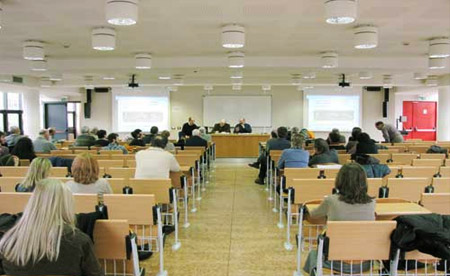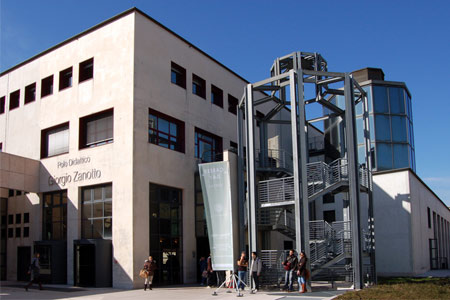The cross-cultural research project investigates cultural models of nature held by populations across several cultures ranging from primary food producers, e.g., farmers, fishermen, herders (and also hunters and gatherers) to those who recently shifted due to globalization forces to become primary food consumers, covering five continents. Evidence suggests that cultural models of nature affect environmental actions in ways not necessarily predicted by more traditional ecological models. While traditional ecological knowledge tends to freeze knowledge in the past, cultural models affect attention, observation, reasoning, and understanding and therefore are engaged with the current situation. The findings of the research should enrich the already conspicuous literature about cultural models. In addition, the cultural models obtained provide the opportunity to contribute to two other areas of research. One is theoretical, exploring the possibility that conceptions of space are central to the construction of cultural models. The other is applied, supplying policy makers, i.e., major actors in finding solutions to climate change induced problems by implementing global and local policies, with information on indigenous cultural models of nature that will assist them in their decision-making. The project comprises fifteen scholars who have conducted field work and are experts in a particular cultural area. A short list of the methodological tools to be variably employed for the data collection stage includes: participant observation, semi-structured interviews, free listing.







